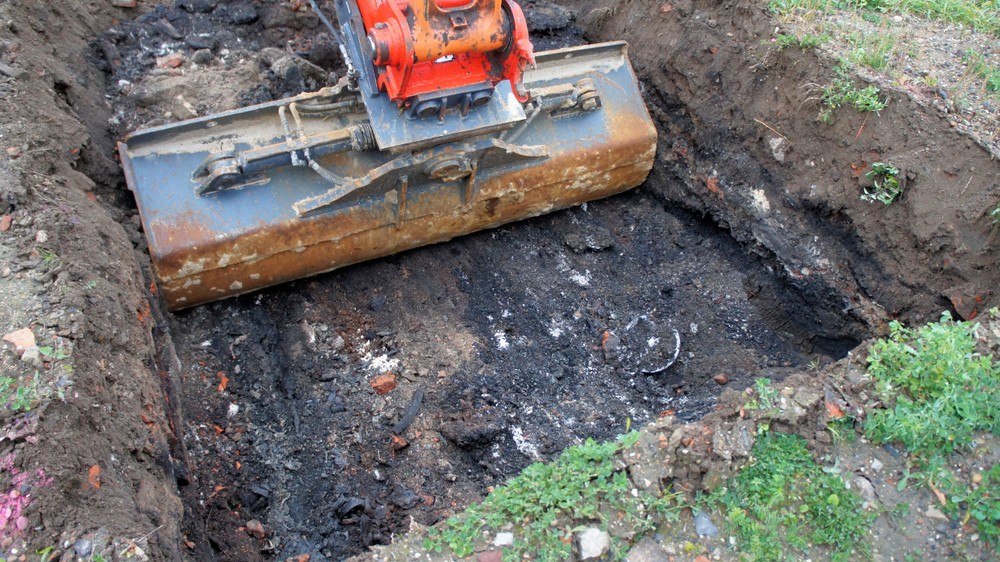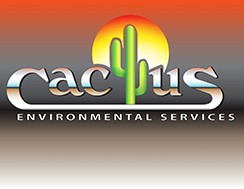
Types of Environmental Remediation

Pollution is a concern in most US states and is attributed to many manufacturing and industrial plants. Nowadays, most industries seek remediation services to alleviate contaminants from areas polluted by industrial activities. There are different types of environmental remediation, and our services in Texas include assessment, determination of remedial measures, excavation, restoration, and clean-up.
An example of a leading environmental remediation company is Cactus Environmental Services. We offer professional environmental remediation and restoration services in Dallas and its surrounding areas. Through the use of our extensive experience, we will determine the most suitable remediation technique to match your company’s needs.
Types of Media Targeted In Environmental Remediation Processes
Environmental remediation is a process that eliminates contaminants from sites polluted by industrial processes. The services cover different media to eliminate harmful contaminants from the environment. The main types of media targeted by the many types of environmental remediation include;
Soil
Soil contamination poses a considerable risk to human and ecological health. This contamination mostly results from chemical spills, agricultural runoffs, and industrial waste. For this reason, remediation companies employ various techniques to treat contaminants such as heavy metals, pesticides, and other pollutants in the soil.
The common types of remediation for treating contaminated soil include chemical blending and bioremediation.
Groundwater
Groundwater contamination mainly results from agricultural activities and products. Examples may include; road salts, chemicals from landfill leaks, and industrial spills.
Sediments
Sediments are a common form of water pollution. They are tiny particles from soil, rocks and other solid bits washed off from land. When sediments collect and settle at the base of a water body, they result in contamination.
Surface water
Surface water contamination results from plastics, chemicals, heavy metals, and pesticides released from agricultural activities. These have varying environmental effects on water bodies and coastal areas. In such a case, environmental remediation services are necessary to avert the danger associated with surface water contamination.
The Three Primary Types of Environmental Remediation
Remediation processes are implemented in polluted sites to eliminate contaminants that can negatively affect humans and marine life. Environmental remediation is usually performed on soil, underground, and surface water and involves various restoration steps. The common types of environmental remediation performed on polluted sites include;
- Soil Remediation
Soil pollution poses a significant risk to human life and may result from agricultural and industrial activities. Contaminated soil can harm humans through direct ingestion or the introduction of contaminants into the food supply chain.
Luckily, many environmental remediation companies offer remediation services to remove such contaminants. The soil remediation method may be physical, chemical, thermal, or biological, depending on the type of pollutants.
Soil remediation can help eradicate contaminants like heavy metals and pesticides. It is applicable in many sites such as;
- Open coal mines
- Mining heaps and raw extraction sites
- Peatlands
- Urban environments
- Quarries
The remediation company will follow various steps to completely eliminate contaminants from the site. The common steps include assessment and inspection of the affected site, collection analysis of soil samples, and application of proper remedial measures.
- Groundwater and Surface Water Remediation
Contaminated water bodies can impact the sustainability and survival of humans and other living organisms. The common water contaminants include;
- Sediments
- Chemicals
- Industrial waste
These chemicals react differently with water leading to contamination. For this reason, remediation is required to treat ground or wastewater to restore its original and safe state.
Groundwater contamination may originate from land surfaces during infiltration of water waste, pesticides, and other elements disposed of on land. The common groundwater restoration techniques include; Interceptor systems, biodegradation, and in situ treatments.
On the other hand, surface water is more vulnerable to contamination from agricultural activities and industrial and mine drainage. Surface water remediation helps minimize diseases resulting from drinking contaminated water.
- Sediment Remediation
Sediments consist of clay, soil particles, and organic matter deposited into water bodies. Sediments can get contaminated in various ways, mostly urban runoffs that deposit heavy metals and other harmful substances to surface waters. Contact Cactus Environmental Services for sediment remediation services.
Sediments may also be contaminated by runoffs containing pesticides and nutrients from agricultural activities. Environmental remediation companies employ advanced technologies and techniques to reduce contaminants. These include in situ and ex situ remediation approaches.
In situ– In situ remediation techniques include capping, stabilization, contaminant barriers, and solidification.
Ex-situ remediation techniques– Ex situ remediation include biological, physical, thermal, and chemical treatments. Examples are;
- Composting
- Bioslurry
- Solidification
- Stabilization
- Chelation
- Oxidation
- Soil washing
- Containment barriers
- Incineration
- Vitrification
- Pyrolysis
Reliable Environmental Remediation Services in Dallas!
Cactus Environmental Services is your go-to company for all environmental remediation needs in Dallas. We are well-equipped to handle different types of environmental remediation. Our skilled team will help determine the most efficient technique to eliminate contaminants from your site. Check out our service page and contact us for a free quote!
Disclaimer: Cactus strives to provide top-tier service for all industrial and commercial markets. For individuals needing residential services, please contact your city's Household Hazardous Waste Division.
